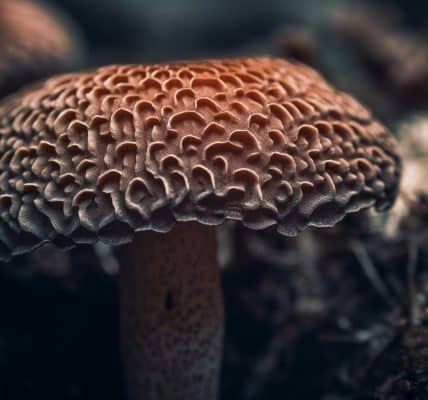Eating Addiction Researcher Resigns in Clash Between Science and Politics

It is safe to say that a new era of addiction research has begun in the United States; what it will look like remains to be seen. We have written here about the stoppage of current federal grants for addiction research, disrupting thousands of studies already underway. We’ve also written about the proposed cuts to addiction research and addiction treatment contained in the Big, Beautiful Bill.
Recently, nutritionist and journalist Alice Callahan put a human face on the toll these changes are taking. In an in-depth profile in The New York Times, Callahan told the story of National Institutes of Health (NIH) eating addiction researcher, Dr. Kevin Hall. On his NIH biography page at the National Institute of Diabetes and Digestive and Kidney Diseases — still available as of this writing — Dr. Hall describes the work of his lab:
My laboratory investigates the integrative physiology of macronutrient metabolism, body composition, energy expenditure, and control of food intake. Our main goal is to better understand how the food environment affects what we eat and how what we eat affects our physiology. We do this by performing clinical research studies as well as developing mathematical models and computer simulations to better understand physiology, integrate data, and make predictions. In recent years, we have conducted randomized clinical trials to study how diets high in ultra-processed food may cause obesity and other chronic diseases.
That last sentence is a big part of the problem. Dr. Hall was not fired by DOGE or furloughed through staffing cuts. He was even looking forward to working under Robert F. Kennedy, Jr. (RFK), the new Secretary of Health and Human Services (HHS), who has professed an interest in improving the food supply and health of Americans. Dr. Hall left a 20-year career, his lab, and his devoted staff, not because of budget cuts, but due to censorship.
Dr. Hall is well-known in obesity science circles for his work definitively connecting the intake of ultra-processed foods with weight gain. In a post to an Obesity Group on LinkedIn, Dr. Hall said his work is “focused on unravelling the reasons why diets high in ultra-processed food are linked to epidemic proportions of chronic diseases such as diabetes and obesity.” He cites a specific incident that led to his departure:
I experienced censorship in the reporting of our research because of agency concerns that it did not appear to fully support preconceived narratives of my agency’s leadership about ultra-processed food addiction.
In The New York Times, reporter Alice Callahan learns that there have been several clashes between Dr. Hall’s lab and RFK’s administration. Specifically, Dr. Hall told Callahan:
[H]e was barred from speaking freely with reporters about a study that might have been seen as contradicting Mr. Kennedy’s stance on the addictive nature of ultraprocessed foods, which include products like chicken nuggets, hot dogs, packaged cookies and chips.
The Gastroenterology Advisor provides a little more nuance as to what study Dr. Hall was not allowed to talk about, and why it might clash with RFK’s views. The study appeared in Cell Metabolism on March 4, 2025. It was based on PET scans examining the dopamine response to the consumption of milkshakes. The research found that they do not look like the PET scans of people with substance use disorders, possibly conflicting with RFK’s belief that ultra-processed foods are addictive.
Dr. Hall’s written responses to a journalist’s questions regarding the study were edited without his knowledge or consent. A request from The New York Times to discuss the study with representatives from the NIH was turned down by HHS.
Dr. Hall’s work has been characterized by major discoveries, and they are all leading up to something big. Perhaps it is that food addiction is in reality an eating addiction: a behavioral addiction, not a substance-based addiction?
Dr. Hall might have left the NIH, but his work continues, and he teased the results of research he has been conducting since 2022 on why ultra-processed foods are so easy to overeat. He told the Times he expects the results to be published this summer and that “he is committed to publishing them.” We have not heard the last from Dr. Hall.
Written by Steve O’Keefe. First published June 2, 2025.
Sources:
“Leading Nutrition Scientist Departs N.I.H., Citing Censorship,” The New York Times, April 16, 2025.
“Ultra-Processed Diets Cause Excess Calorie Intake and Weight Gain: An Inpatient Randomized Controlled Trial of Ad Libitum Food Intake,” Cell Metabolism, May 16, 2019.
“Top NIH Nutrition Researcher Quits, Citing Censorship Under Kennedy,” Gastroenterology Advisor, April 23, 2025
“Brain dopamine responses to ultra-processed milkshakes are highly variable and not significantly related to adiposity in humans,” Cell Metabolism, March 4, 2025.
Image Copyright: mmoonhirun.




